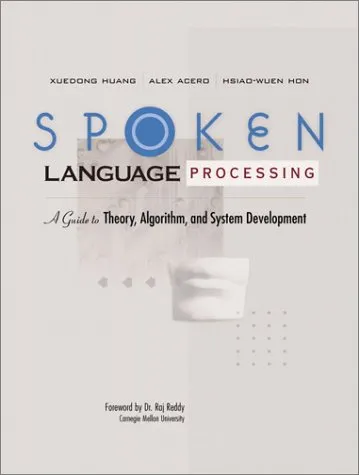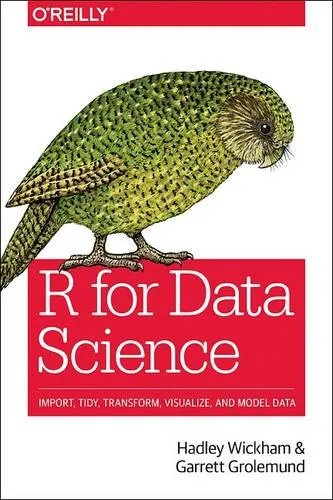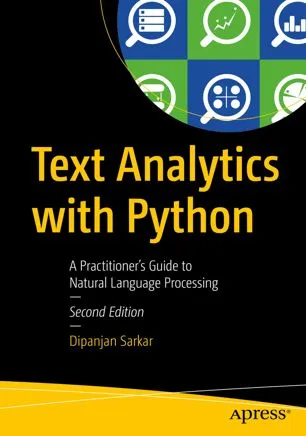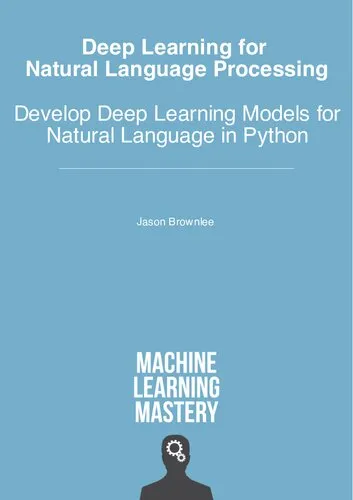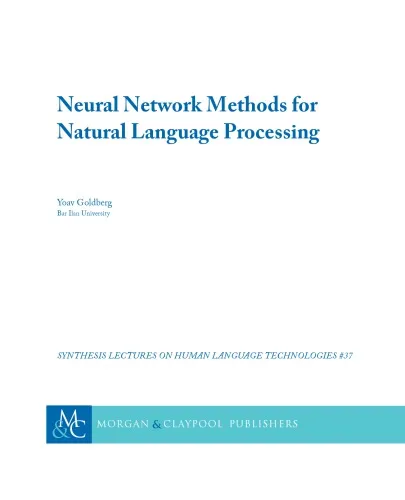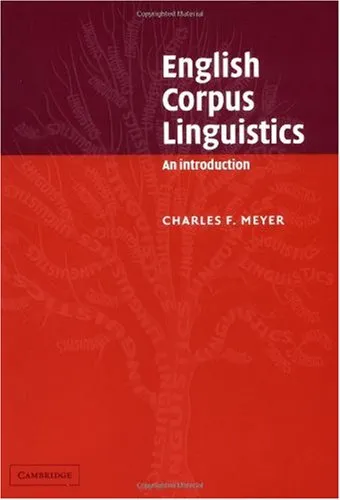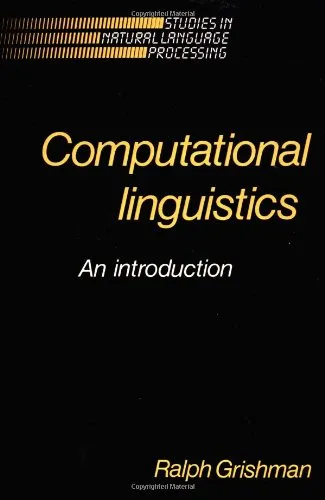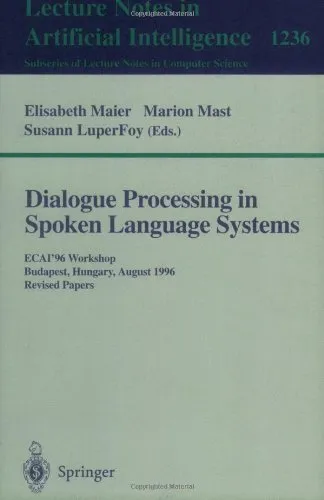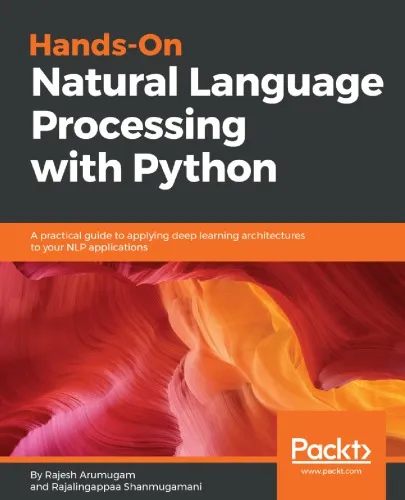Spoken Language Processing: A Guide to Theory, Algorithm and System Development
4.5
Reviews from our users

You Can Ask your questions from this book's AI after Login
Each download or ask from book AI costs 2 points. To earn more free points, please visit the Points Guide Page and complete some valuable actions.Related Refrences:
Introduction to Spoken Language Processing: A Guide to Theory, Algorithm, and System Development
Written by Xuedong Huang, Alex Acero, and Hsiao-Wuen Hon, Spoken Language Processing serves as a cornerstone for understanding the complexities of speech recognition, spoken language systems, and natural language understanding. Exhaustive, precise, and forward-thinking, this book deep-dives into the theoretical, technological, and practical aspects of processing human speech, making it an invaluable resource for researchers, engineers, and students alike.
Detailed Summary of the Book
The book offers a broad, yet detailed, exploration of spoken language processing, from theoretical frameworks to algorithmic techniques and system-level application development. It begins with the fundamentals, such as the nature of human speech, its acoustic and linguistic properties, and the challenges posed in computational modeling.
One of the highlights of the book is its comprehensive approach toward speech recognition algorithms, where it covers methods ranging from statistical modeling (e.g., Hidden Markov Models) to advanced signal processing and machine learning. It also delves into key technologies like language modeling, acoustic feature extraction, decoding algorithms, and speaker adaptation, ensuring that readers develop a coherent understanding of the entire speech recognition pipeline.
The latter sections focus on robust system development and practical implementations for spoken language applications, such as conversational agents, dialogue systems, and language translation tools. Each topic is explained with a balance of clarity and mathematical depth, equipping readers with both conceptual insights and practical tools for real-world applications.
The authors also emphasize the interdisciplinary nature of the field, drawing connections among linguistics, artificial intelligence, psychology, and computer science. By doing so, they encourage readers to recognize that spoken language processing is not just a technical problem but also a profound exploration of human communication.
Key Takeaways
- An in-depth understanding of the theoretical underpinnings of spoken language processing, including statistical and linguistic models.
- Step-by-step guidance on algorithm design for speech recognition, language modeling, and acoustic processing.
- A practical framework for building and evaluating spoken language systems, with insights into error analysis and system optimization.
- Exploration of real-world applications in natural language understanding, dialogue systems, and multilingual processing.
- Interdisciplinary perspectives, connecting computational methods with insights from linguistics, psychology, and AI.
Famous Quotes from the Book
"Speech is the most natural form of human communication, and it poses one of the most challenging frontiers in artificial intelligence."
"The marriage of linguistic insights and statistical methods is at the heart of modern spoken language systems."
"Building a robust system requires not just algorithms, but also a keen understanding of the variability and unpredictability of human speech."
Why This Book Matters
Spoken Language Processing holds immense value for anyone involved in the fields of speech technology, linguistics, or AI-driven communication systems. It is one of the first books to provide a holistic view of a domain as complex and interdisciplinary as spoken language processing, and it has helped shape the careers of countless engineers and researchers.
The book addresses not only the technical challenges but also the societal implications of developing systems that understand and generate human speech. In an era where voice interfaces are increasingly common — from smart speakers to automated customer service agents — this book equips innovators with the knowledge to design systems that are efficient, inclusive, and ethical.
Whether you are a seasoned professional in the field or a curious newcomer, this book serves as a comprehensive guide for mastering the intricacies of spoken language processing and contributing to the advancement of technology that bridges the gap between machines and human communication.
Free Direct Download
You Can Download this book after Login
Accessing books through legal platforms and public libraries not only supports the rights of authors and publishers but also contributes to the sustainability of reading culture. Before downloading, please take a moment to consider these options.
Find this book on other platforms:
WorldCat helps you find books in libraries worldwide.
See ratings, reviews, and discussions on Goodreads.
Find and buy rare or used books on AbeBooks.
1313
بازدید4.5
امتیاز0
نظر98%
رضایتReviews:
4.5
Based on 0 users review
Questions & Answers
Ask questions about this book or help others by answering
No questions yet. Be the first to ask!
